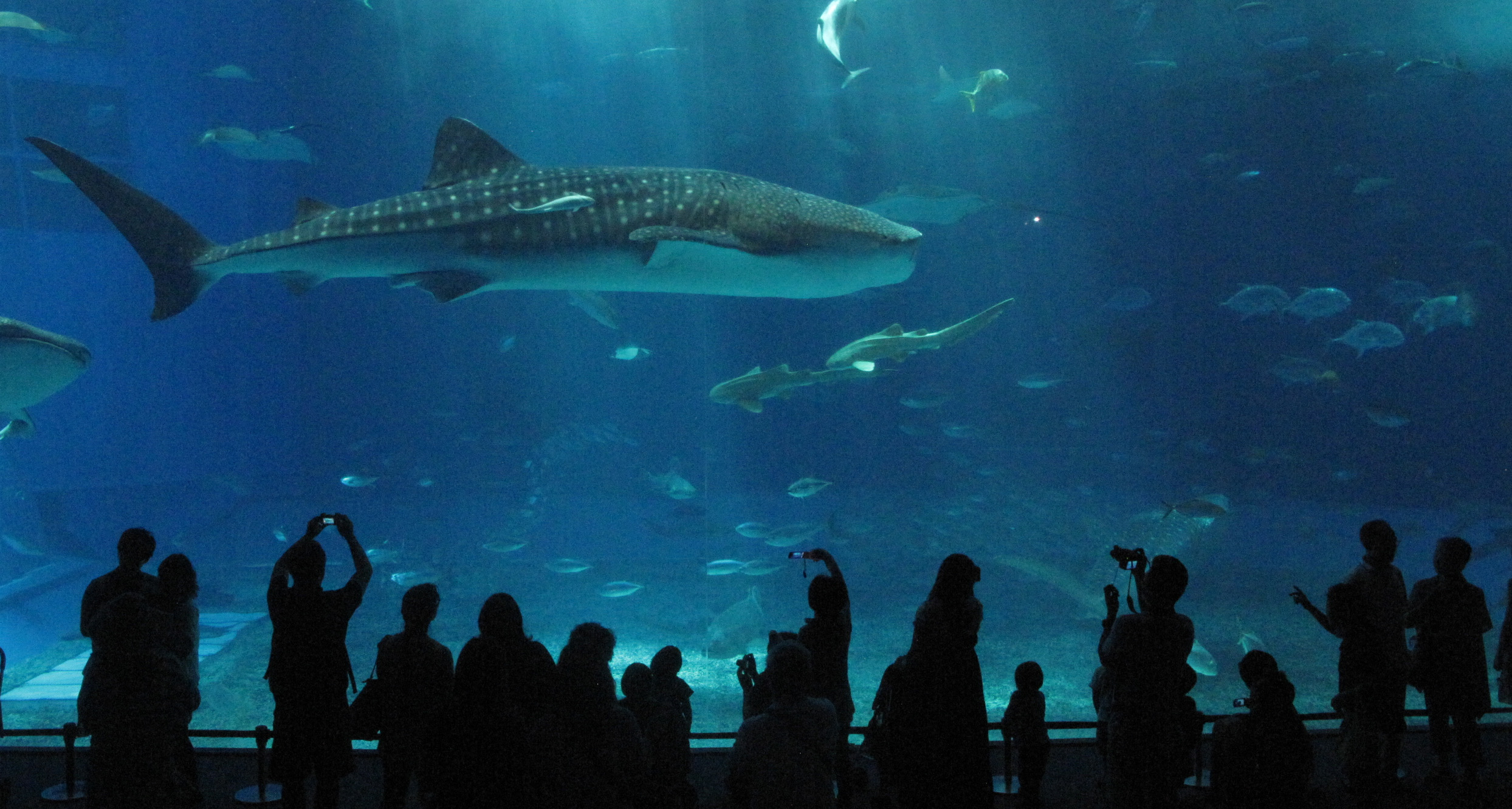
Making the connection
Ecological and evolutionary principles are central elements in organismal health. An understanding of ecology and evolution can greatly improve our ability to face some of the largest threats to human health including as antibiotic resistance, zoonotic transmission, or cancer. Our lab strives to leverage its phylogenomic expertise to aid in this endeavour
We collaborate closely with other groups and have worked on topics that include the evolution of key oncogenes, the response of cancer to specific treatment, and most recently on the durability of the immune response following infection by SARS-CoV-2
Using evolution to determine SARS-CoV-2 reinfection risks

Throughout the COVID-19 pandemic, there was much uncertainty about how long immunity lasts after someone who is unvaccinated is infected with SARS-CoV-2. Working together with Dr. Jeffrey Townsend at the Yale School of Public Health and several other collaborators, we developed an innovative approach rooted in phylogenetic comparative methods to provide an answer: strong protection following natural infection is short-lived.
We analyzed known reinfection and immunological data from the close viral relatives of SARS-CoV-2 that cause “common colds” — along with immunological data from SARS-CoV-1 and Middle East Respiratory Syndrome. Leveraging evolutionary principles, we were able to model the risk of COVID-19 reinfection over time. Reinfections can and have happened, even shortly after recovery. And they will become increasingly common as immunity wanes and new SARS-CoV-2 variants arise. The COVID-19 pandemic made it clear how interconnected we are, and these findings underscore the importance of vaccination to break transmission chains
This model and findings were published long before reinfections were common or data on reinfection was available and have proven to be highly accurate
What about vaccination?
We have expanded our model to assess the risk of future infection by SARS-CoV-2 over time following vaccination from several vaccines. This provides a comparative basis for natural and vaccine mediated immunity as well as quantitative evidence that supports current booster schedules.
Lab initiatives
- Expanding to other human infecting viruses
- Oncogene evolution
- Viral and bacterial surveys in marine environments
- Evolutionary techniques for pandemic preparedness
